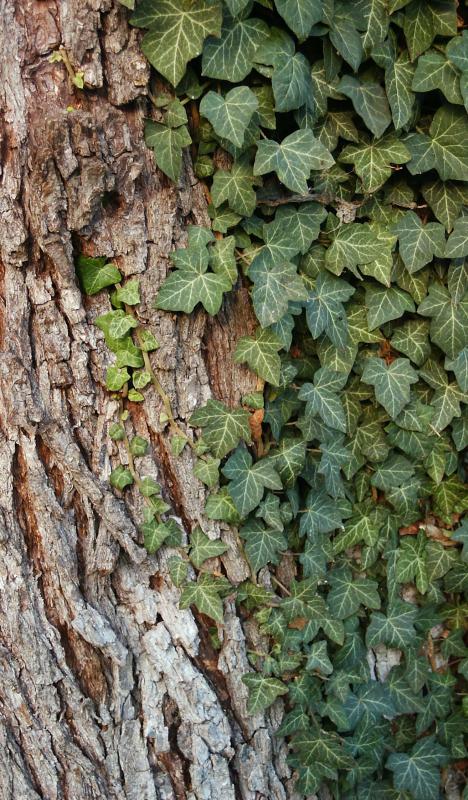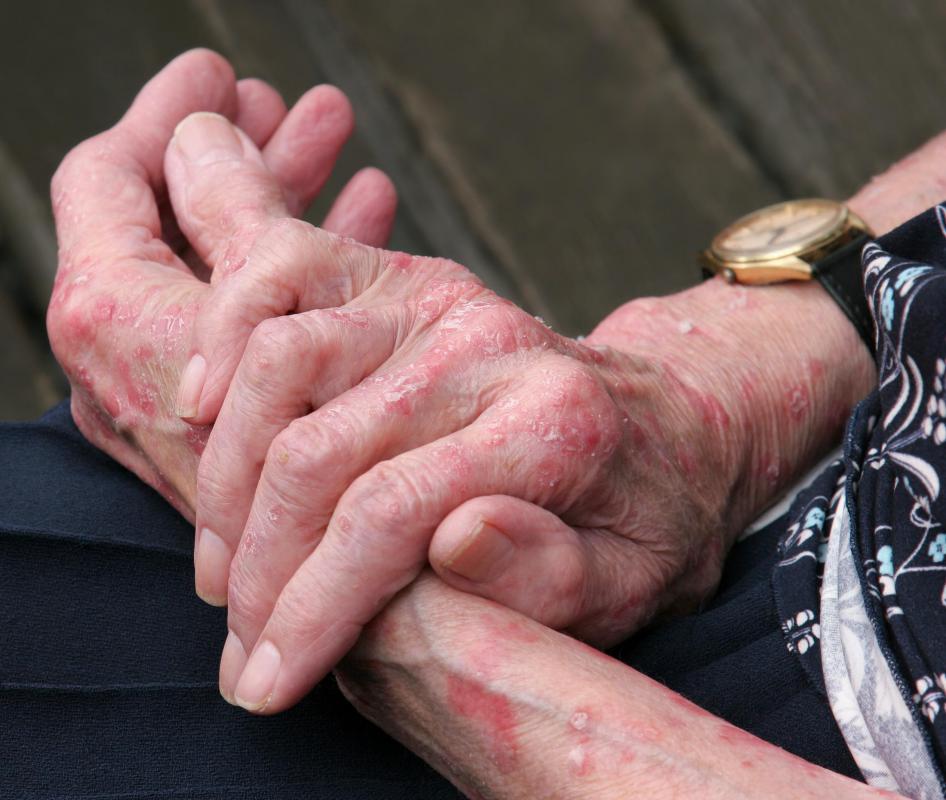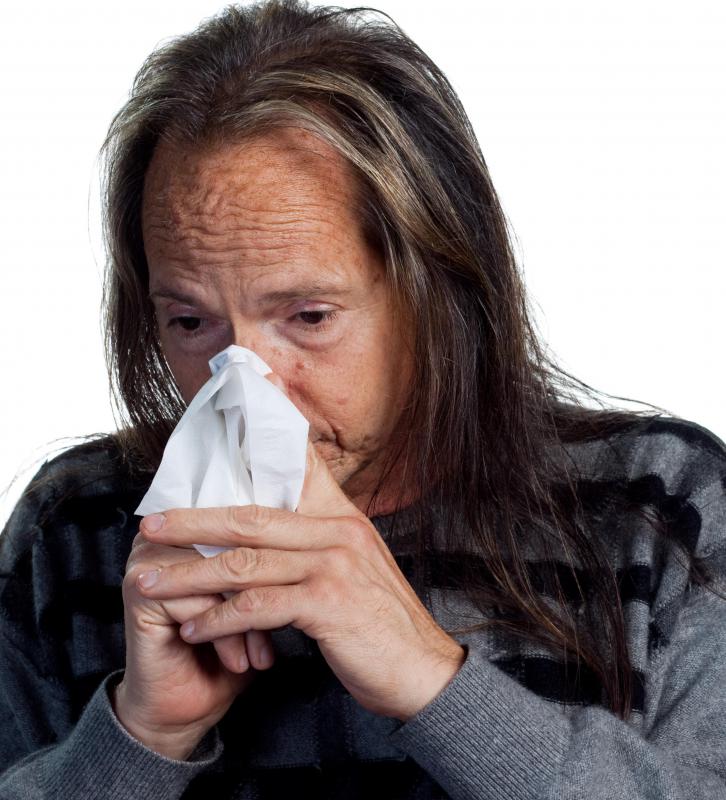At TheHealthBoard, we're committed to delivering accurate, trustworthy information. Our expert-authored content is rigorously fact-checked and sourced from credible authorities. Discover how we uphold the highest standards in providing you with reliable knowledge.
What Are the Signs of an Allergic Reaction to Plants?
Allergies are excessive immune system reactions to foreign molecules that do not otherwise pose a threat to the body. Theoretically, allergies can develop in response to any type of molecule, but some of the more common allergies are in response to plants. An allergic reaction to plants can take many forms, with the specific signs of the reaction depending on which bodily tissues have been affected by, or in contact with, the plant causing the allergy.
One of the most common causes of an allergic reaction to plants is due to plant pollen. Pollen may be inhaled, or come into contact with the eyes. The signs of a reaction to pollen generally involve itchy, watery eyes, as well as respiratory system effects. These effects may include sneezing, itchy and runny nose, and coughing. Unlike a cold, allergy symptoms do not include a fever, or colored mucosal discharge from the mouth and nose.

A topical allergic reaction to plants like poison sumac, poison ivy, and poison oak can occur if these plants are touched. Similar reactions will occur if any plant a person is allergic to is handled. An itchy rash will break out on the affected skin area, which may even be painful, depending on the severity of the allergy.
Consuming part of plant that one has a sensitivity to can cause an allergic reaction to plants that is identical to food reactions. Abdominal swelling, pain, and diarrhea may result from this consumption. Respiratory and skin effects can often result from this situation as well, as the allergen spreads from the stomach into the bloodstream, and throughout the body, triggering greater reactions.

In more sensitive individuals, a severe allergic reaction to plants can result from inhaling small amounts of pollen, or coming in contact with a plant for a brief amount of time. These reactions can have life-threatening consequences for some. Allergic patients may suffer hypotension, or a drop in blood pressure, as well as bronchoconstriction, or a closing up of the airways. These conditions, if left untreated, can cause the person to go into a coma, or even lead to death.

The possibility of an allergic reaction having such severe consequences means that many people that know they have a plant allergy carry medication with them. Antihistamines such as diphenhydramine can treat mild reactions, or a shot of epinephrine for major reactions are the most common remedies. At the first sign of an allergic reaction, these medications may be used.
AS FEATURED ON:
AS FEATURED ON:

















Discuss this Article
Post your comments